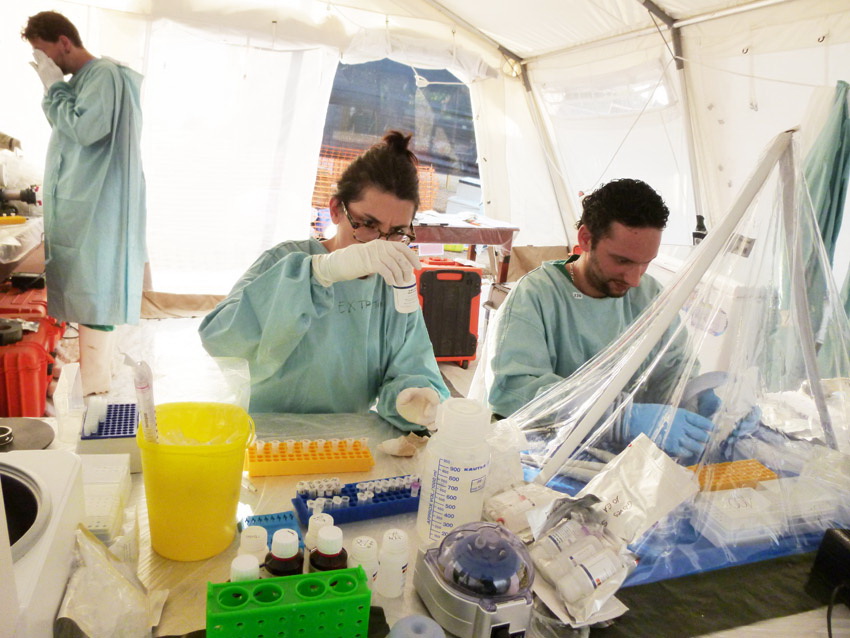Weekly Science Picks

We are around the first Sunday in this exciting month of August. For this occasion, we have selected very interesting stories, but the main focus should be on the frightening fact that our world could suffer a new Ebola epidemic. The crucial problem is this sever and deathly illness could spread around through air travel. This is a very serious information which may concern all of us. So, let’s start with this week’s top news.
Ebola: How easily do germs spread on planes?
Are plane cabins hotbeds of disease? Frequent flyers are often on guard against sneezing or coughing co-passengers, in fear of catching what they have. And the possibility that much more serious epidemics or pandemics could spread by air travel has been a worry for years, whether it is avian flu, Sars or tuberculosis.
Secret language of penguins decoded
African penguins communicate feelings such as hunger, anger and loneliness through six distinctive vocal calls, according to scientists who have observed the birds’ behaviour in captivity.
Coal seam gas emissions lower than US: first Australian study
One of the most common questions Australians ask about coal seam gas is whether the gas wells leak – and if so, how much? In the first Australian study of its kind, new CSIRO research now gives an indication of how much those “fugitive emissions” might be, and how we can start to reduce them.
Fossils could be discovered on the moon: Signs of ancient life may be littered across the moon
Physicists have tested what would happen if a piece of rock containing microscopic fossils from Earth was launched into space and hit the surface of the moon. The team turned fossil-filled rock into powder which was mixed with water and frozen to replicate a meteoroid.
Well, these would be all for this time. Hope you have enjoyed this trip as we did. New updates are coming very soon!
 Follow
Follow